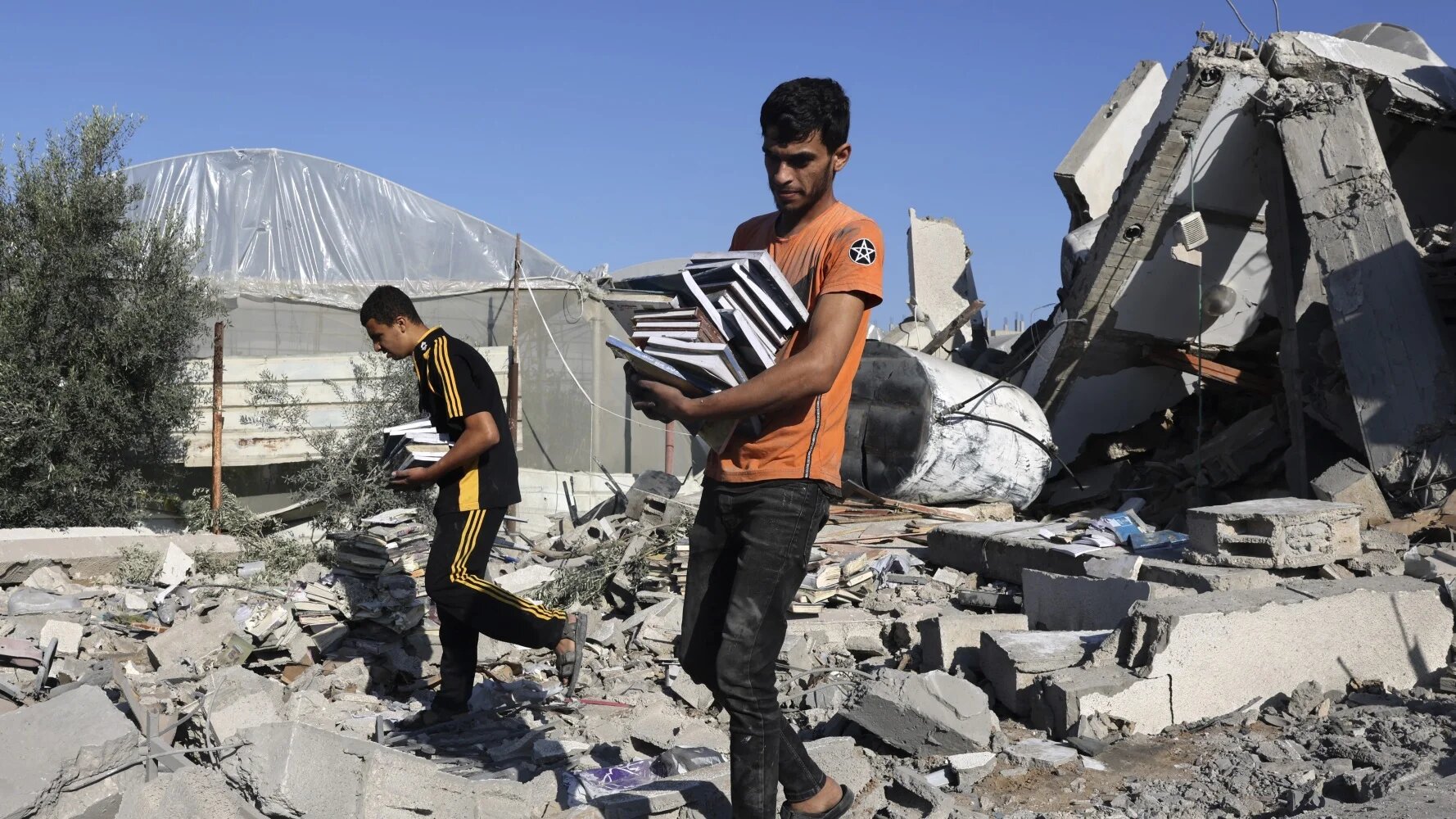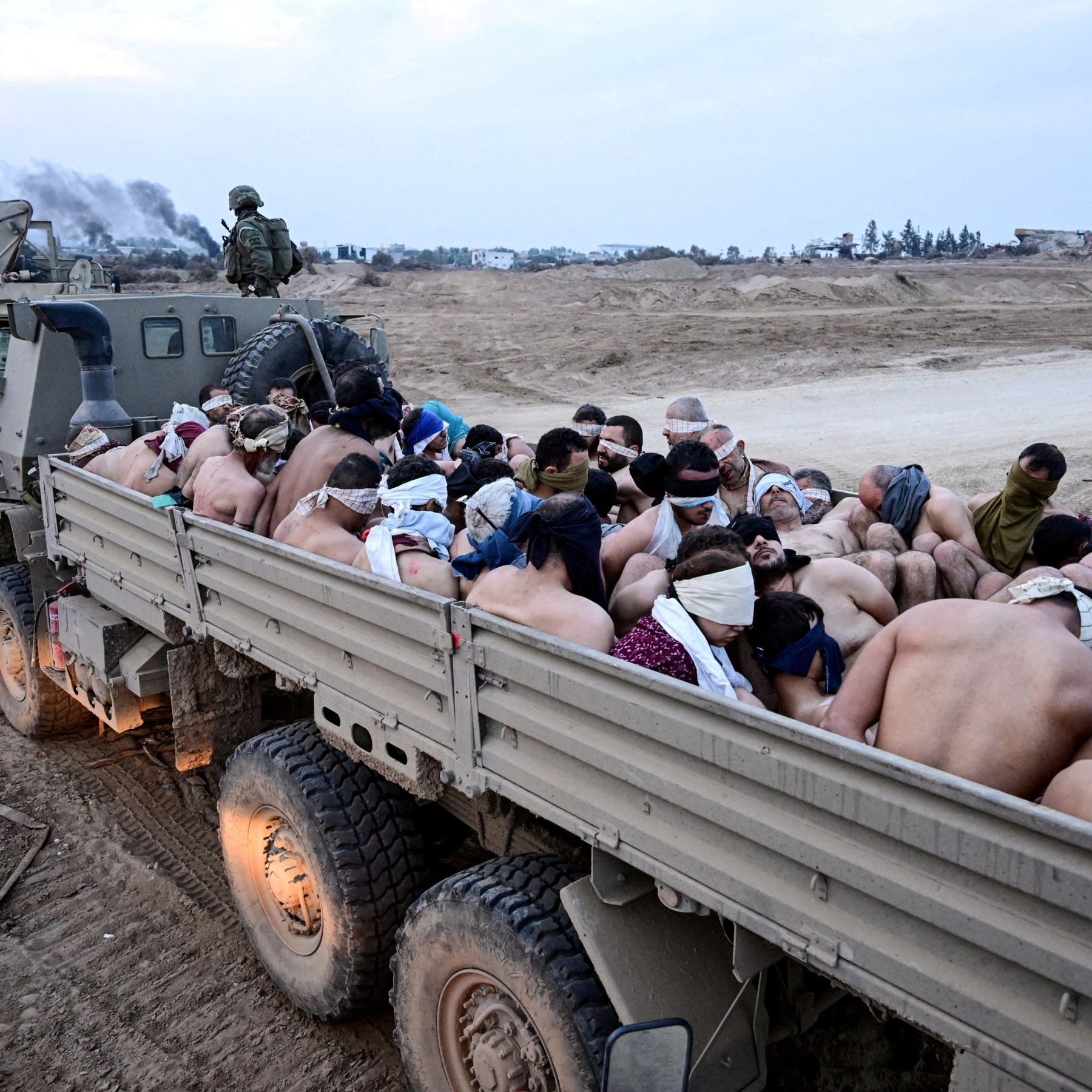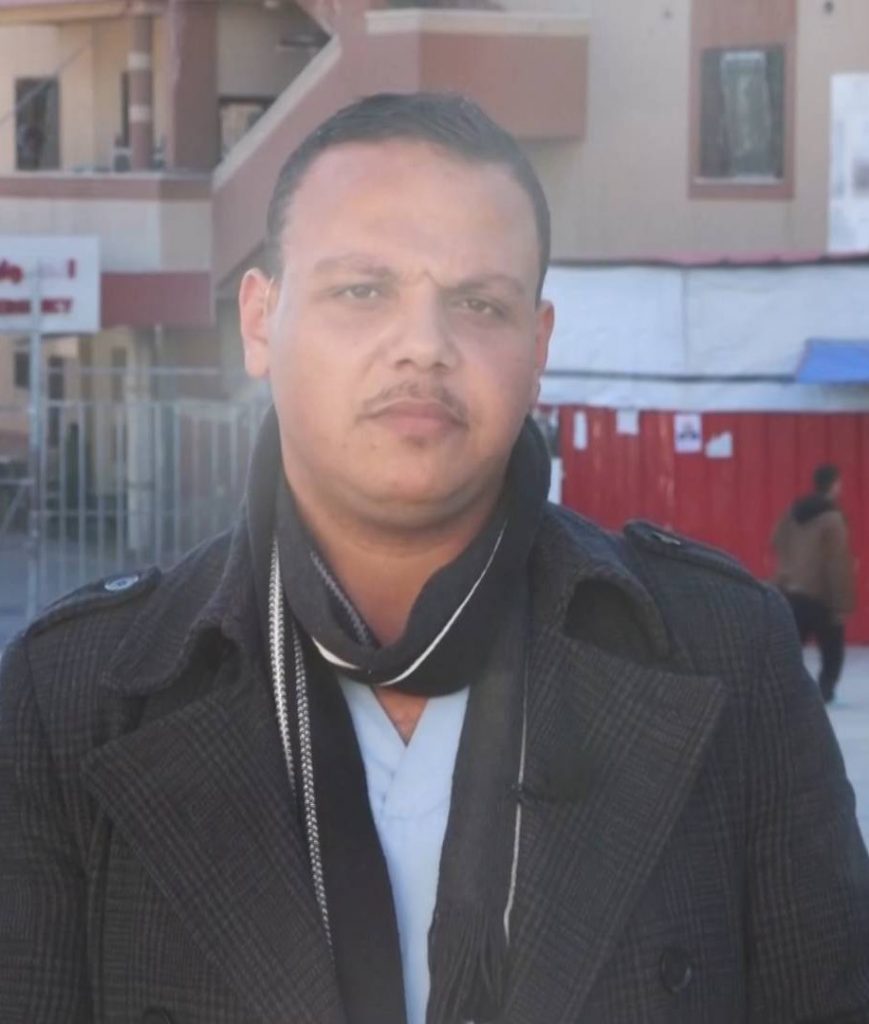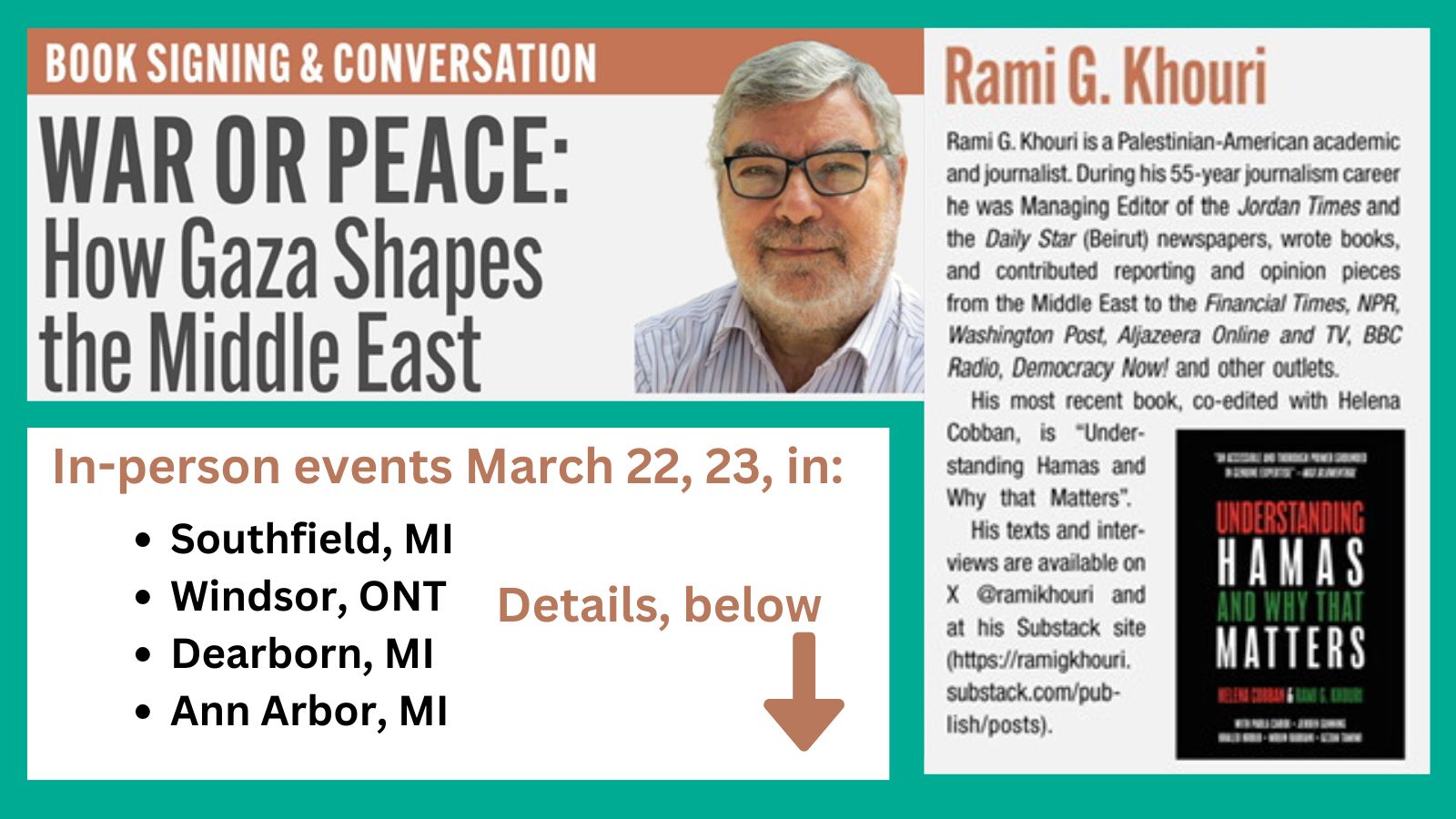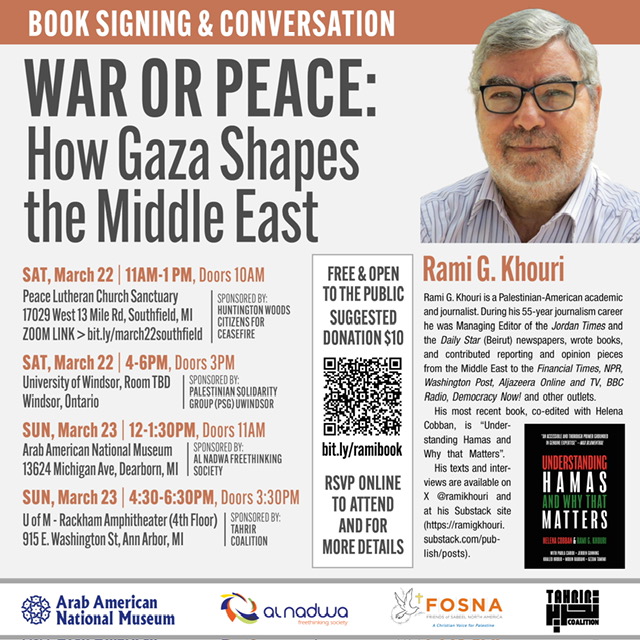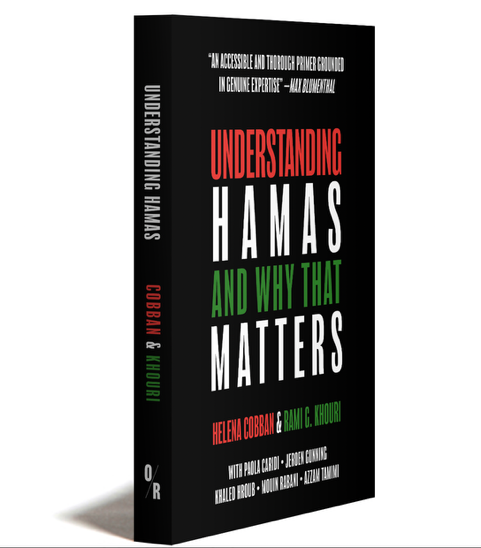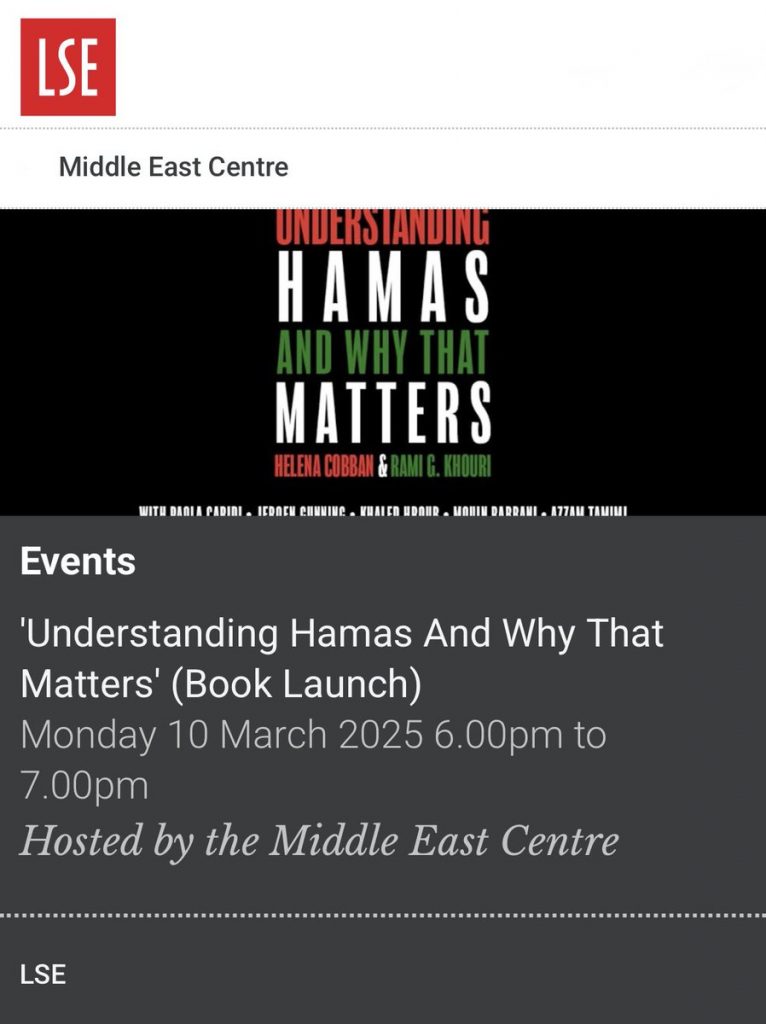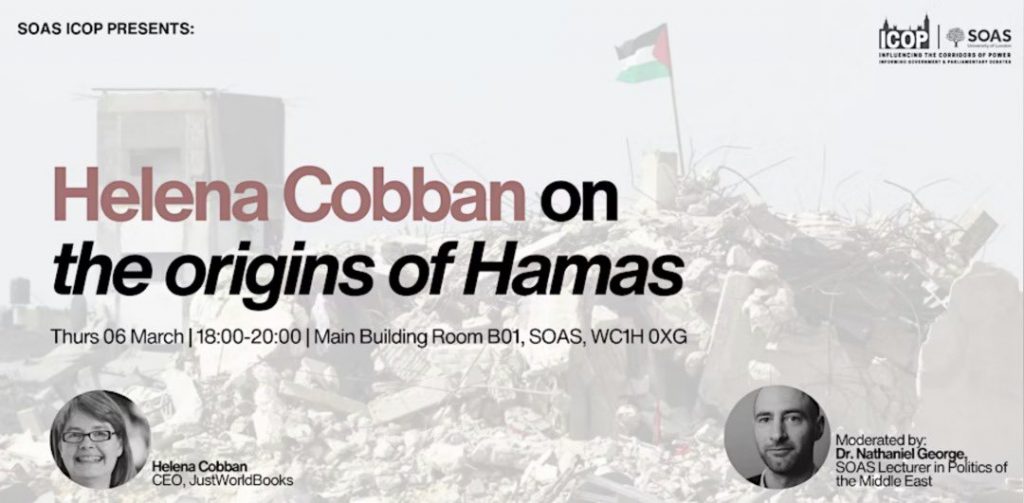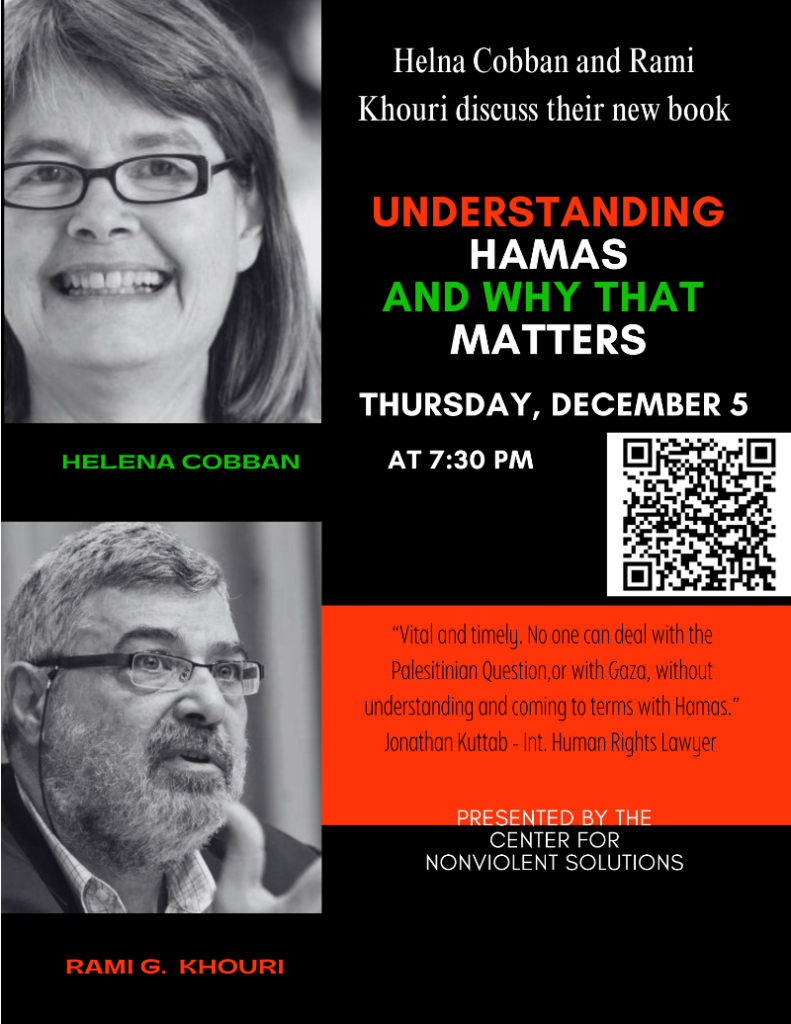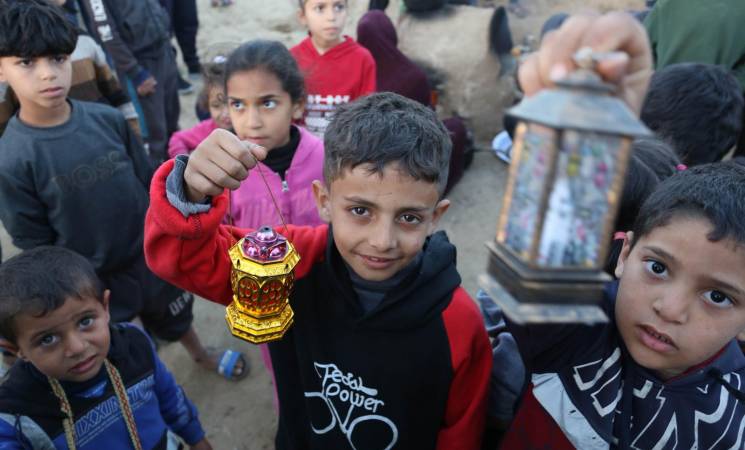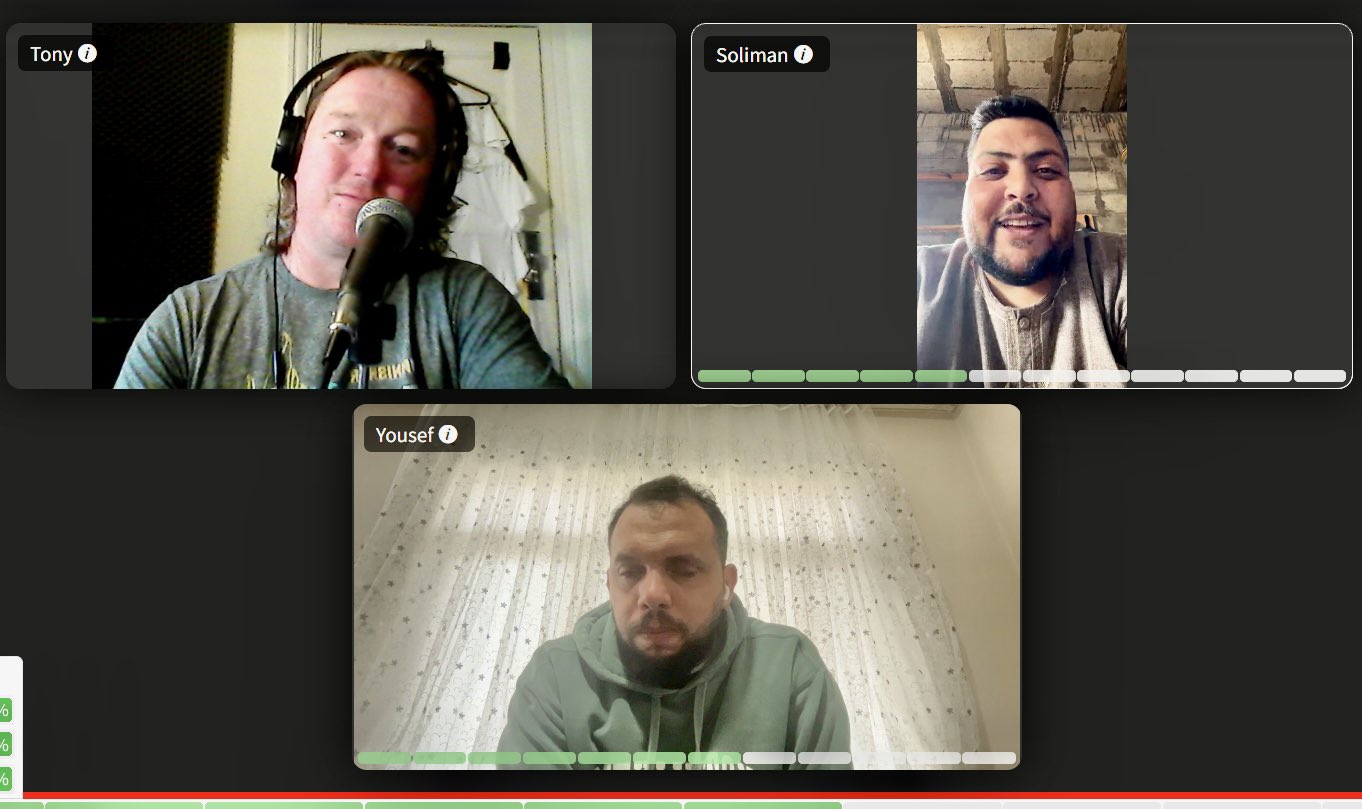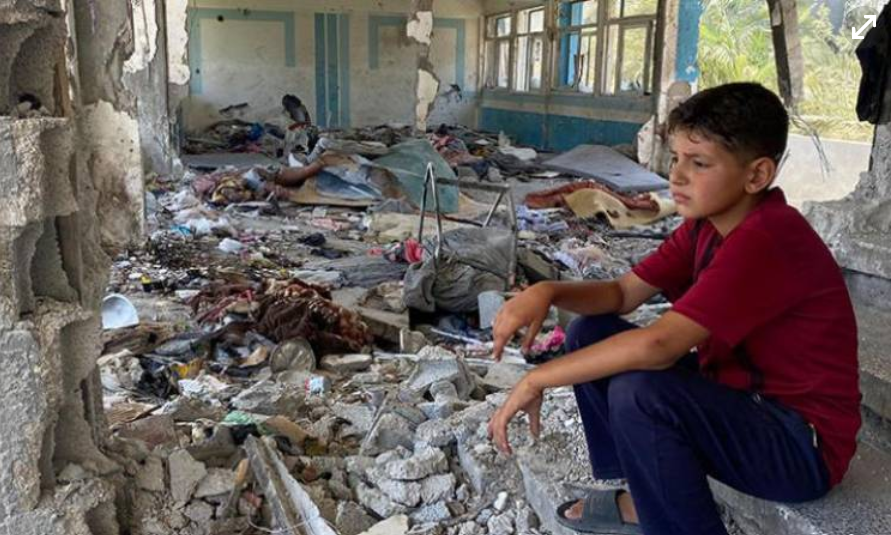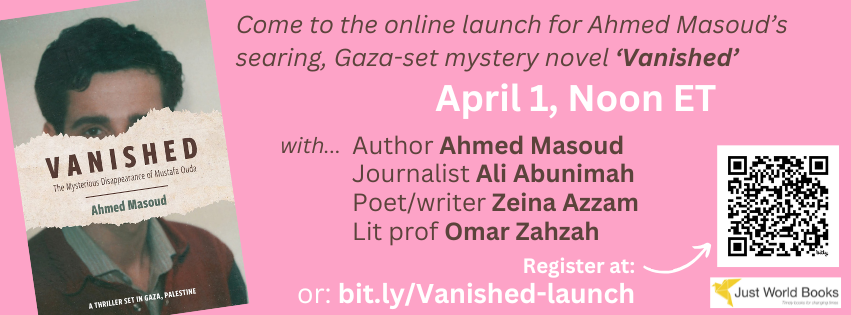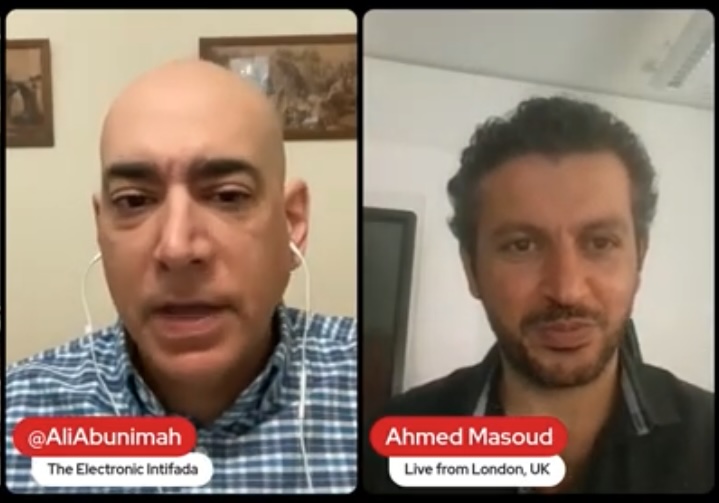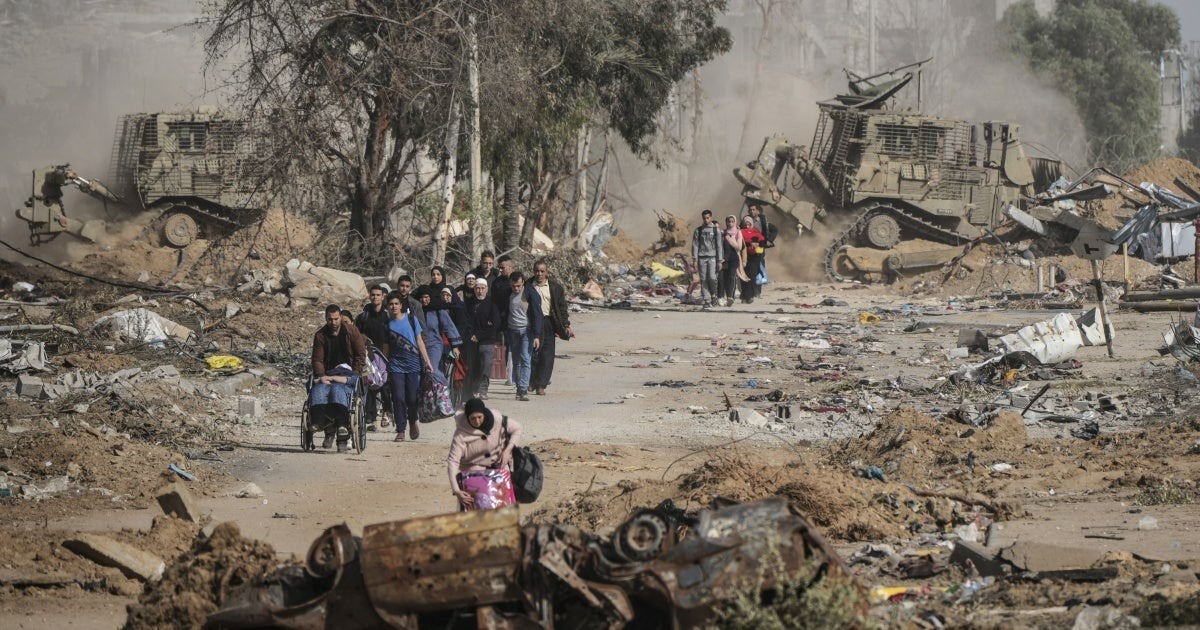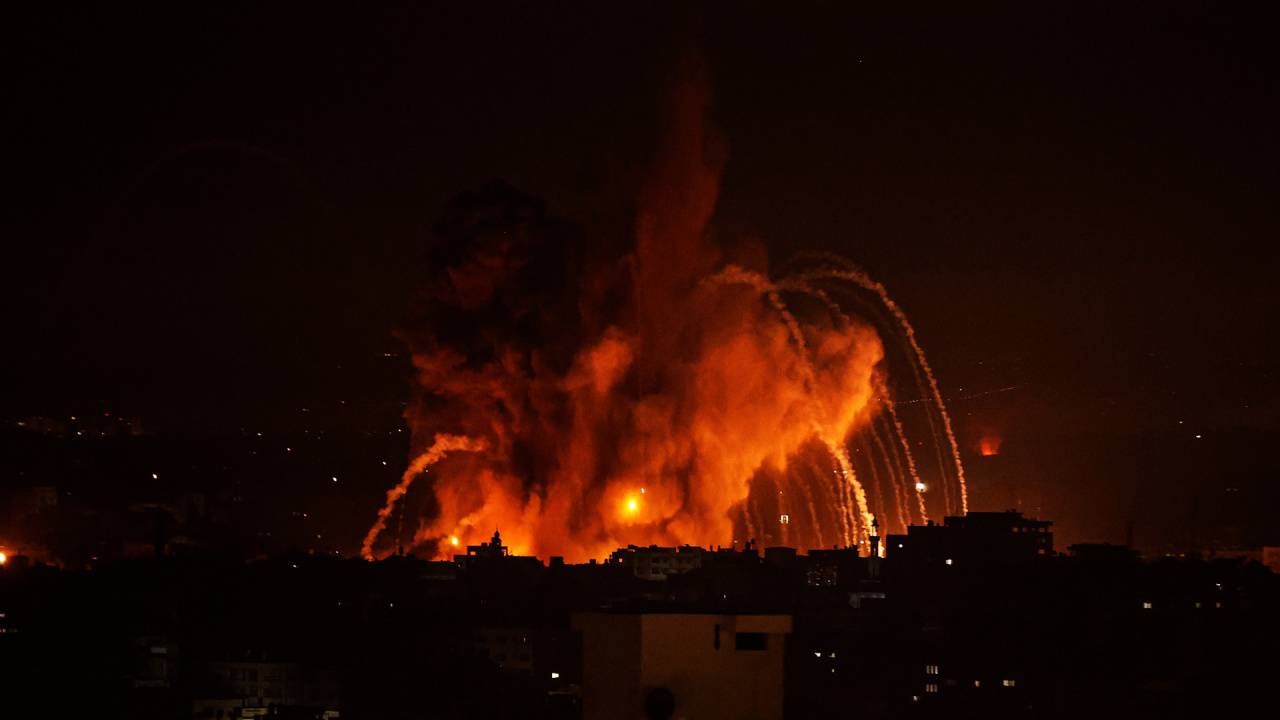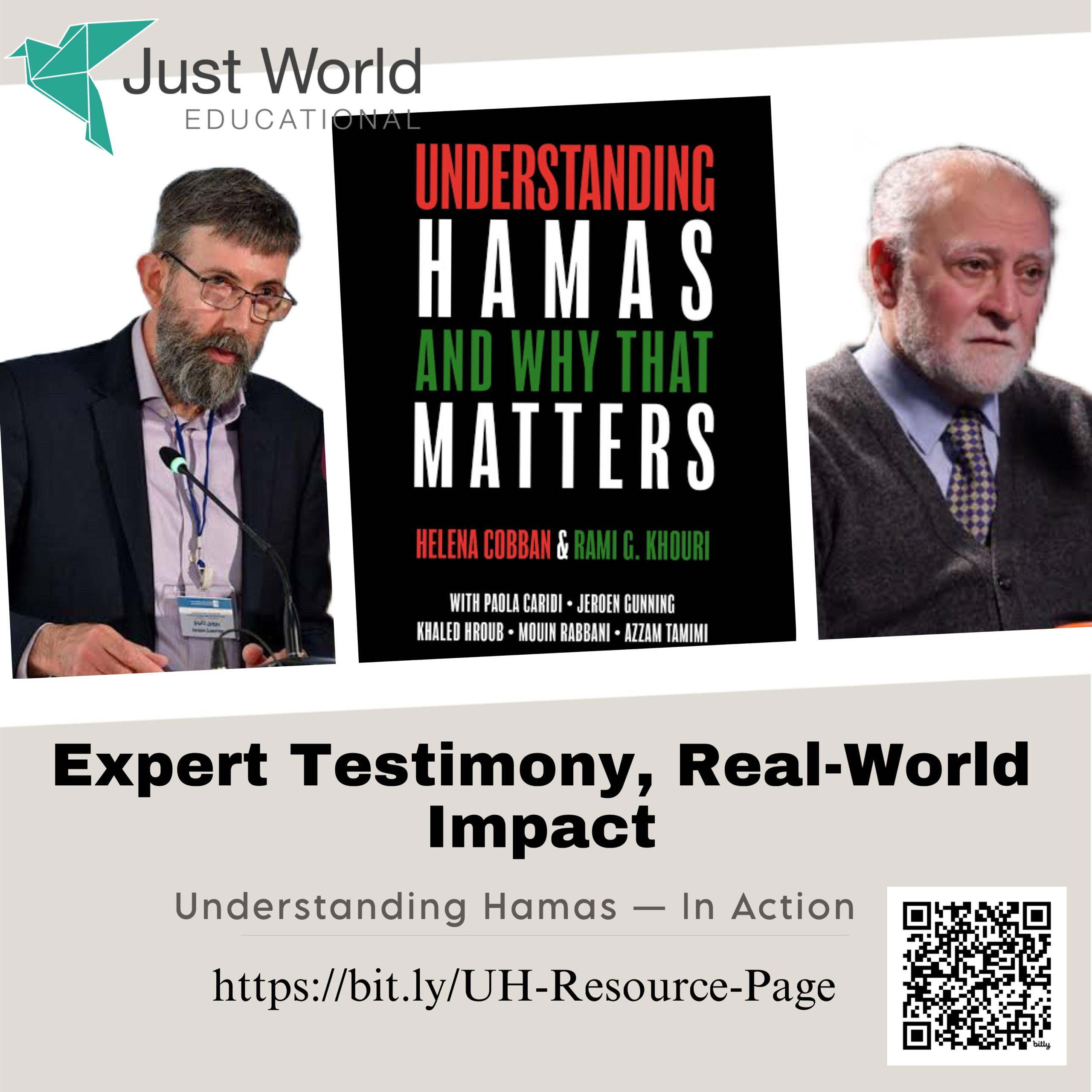PalCast released a powerful new episode titled “Gaza – ‘We Stayed Knowing That We’d Either Live Together Or Die Together.’” Hosted by Yousef and Tony, the episode featured a deeply moving conversation with Dr. Ahmed Junina, a lecturer, researcher, and educator from Gaza City. Dr. Junina shared his and his family’s courageous decision to remain in Gaza despite the Israeli military campaign, emphasizing the importance of home, community, and resilience. He spoke about the immense challenges they faced and highlighted the urgent need for international support for Palestinian students, educators, and researchers.
Dr. Junina, who returned to Gaza after earning his PhD in Applied Linguistics from Auckland University of Technology, reflected on the role of education as a means of survival and advocacy. He described the devastating impact of war on Gaza’s educational institutions, including the destruction of libraries and the struggles of students facing travel restrictions. The episode shed light on how education remained a beacon of hope for Palestinians, with individuals like journalist Mahmoud Mushtaha continuing to advocate for Palestine despite personal hardships. Dr. Junina called on the global academic community to provide scholarships and initiatives to help Palestinian students and scholars overcome the barriers imposed by the occupation.
Throughout the discussion, Dr. Junina painted a vivid picture of life under siege, describing the loss of loved ones, the destruction of homes, and the emotional toll of daily survival. He recounted heartbreaking stories, such as that of a student writing a book amidst the war, showcasing the resilience and creativity of Palestinians even in the direst circumstances. The episode also paid tribute to the late Dr. Refaat Alareer, a dedicated educator and human rights advocate, whose loss left a profound impact on the academic community in Gaza.
This episode of PalCast stood as a testament to the unwavering spirit of the Palestinian people and the necessity of global solidarity in rebuilding Gaza’s educational sector. Dr. Junina urged the world to recognize that hospitals, health workers, and children should never be targets of war, reinforcing the humanitarian crisis unfolding in Gaza. Listeners could tune in to this essential conversation on Apple Podcasts and Spotify to hear firsthand accounts of courage, resistance, and the fight for education in Palestine.
